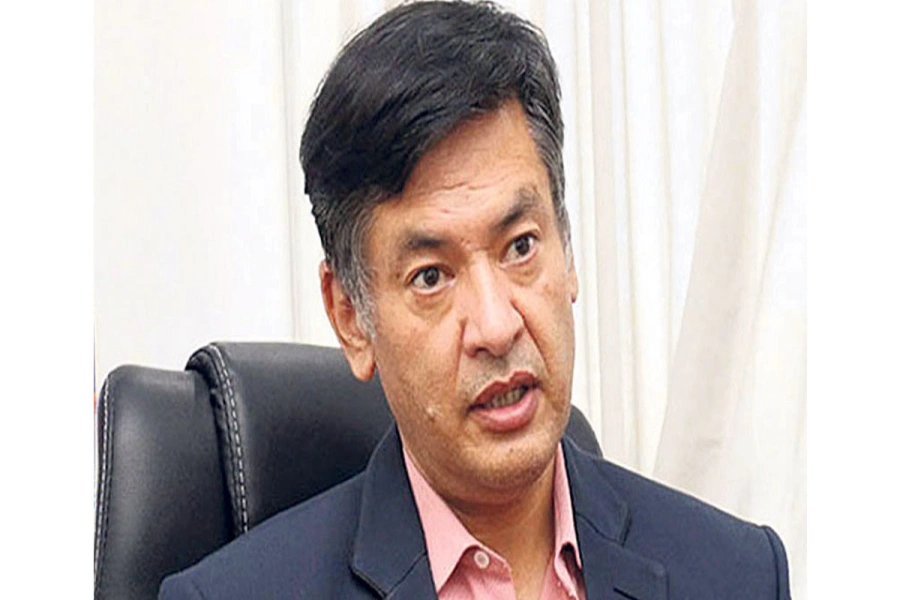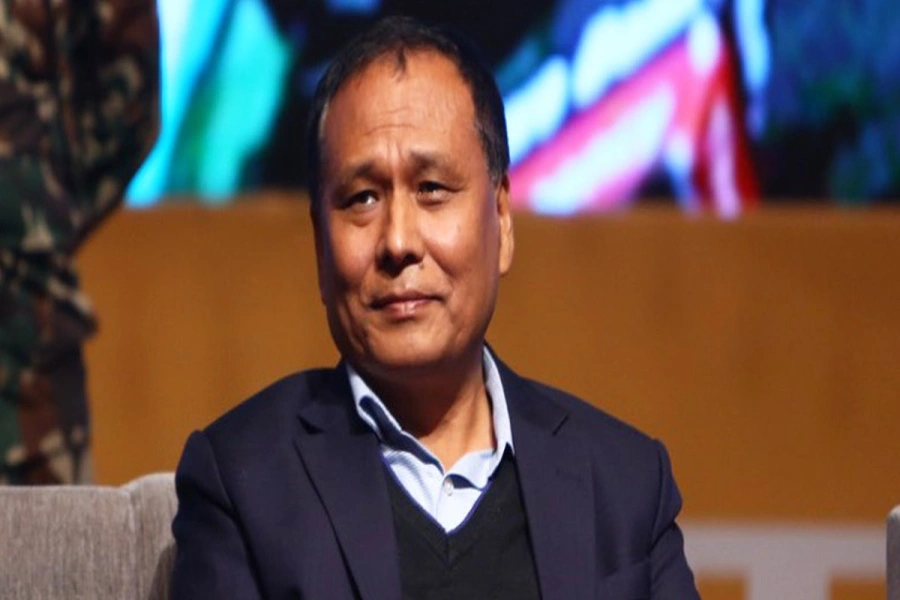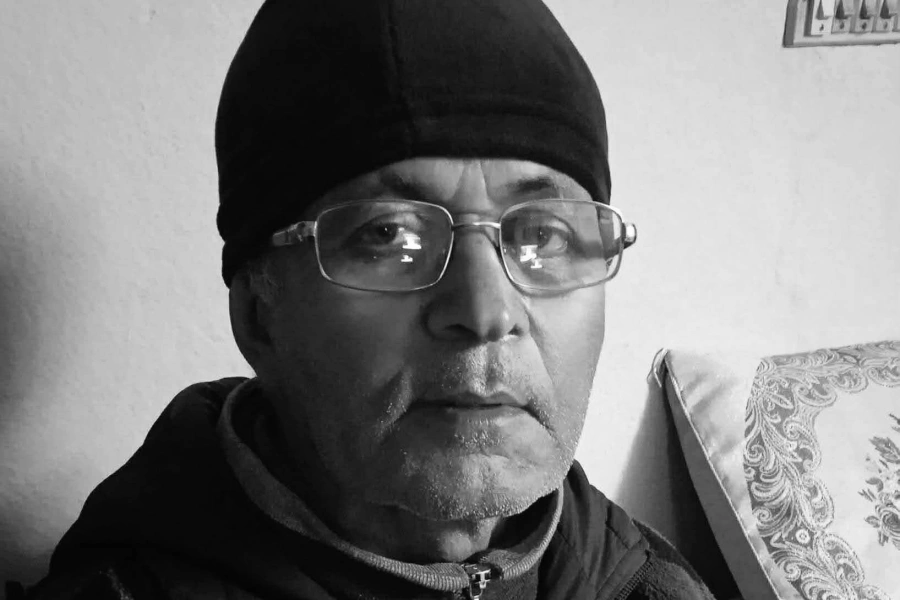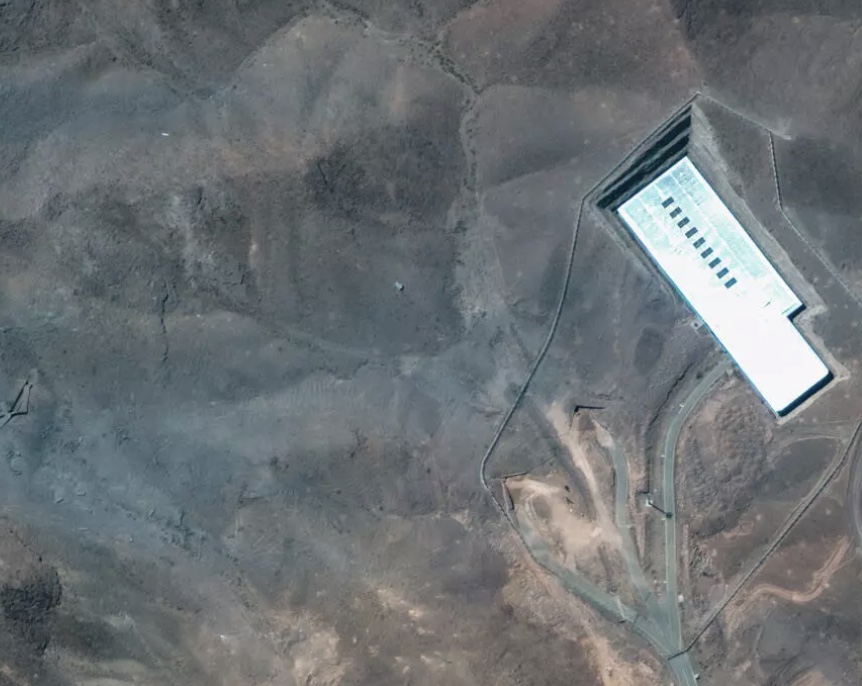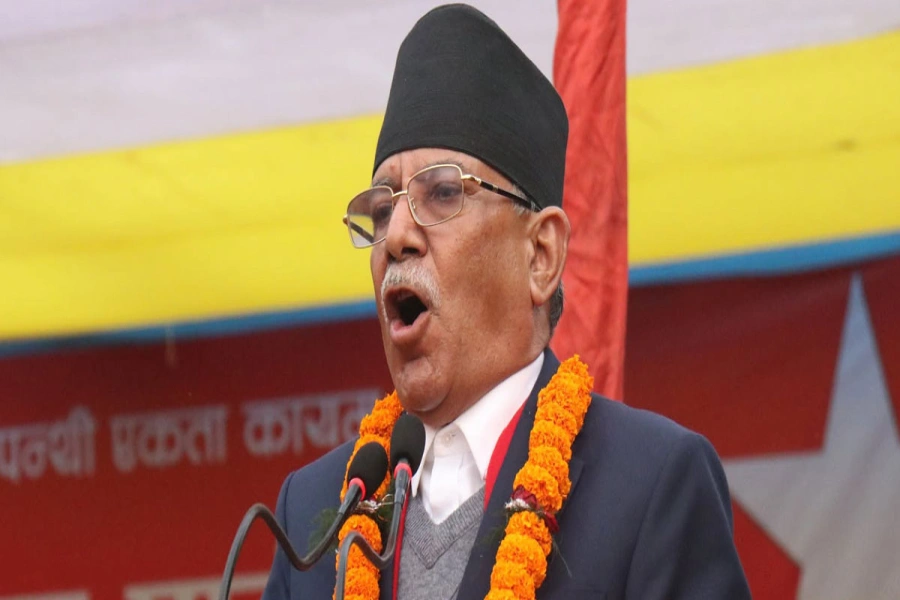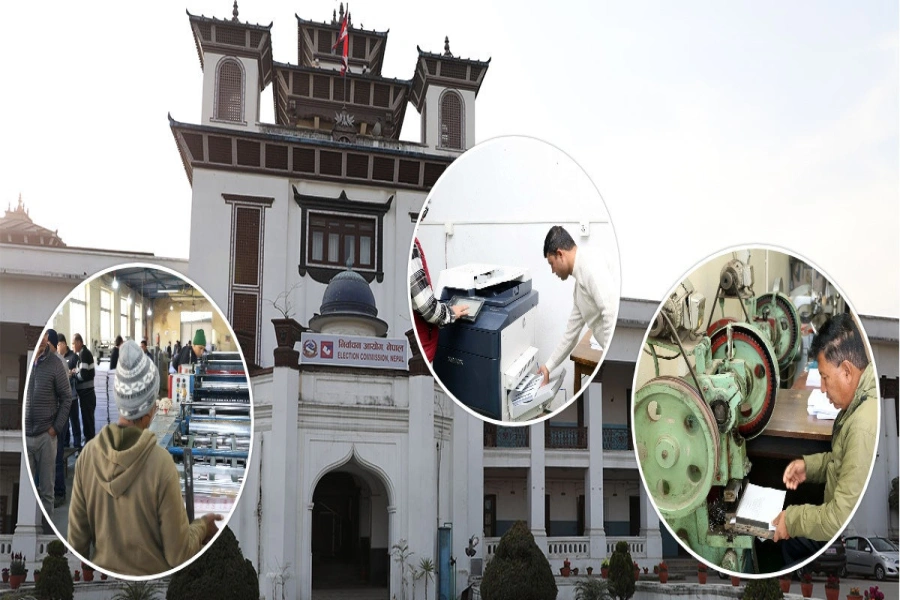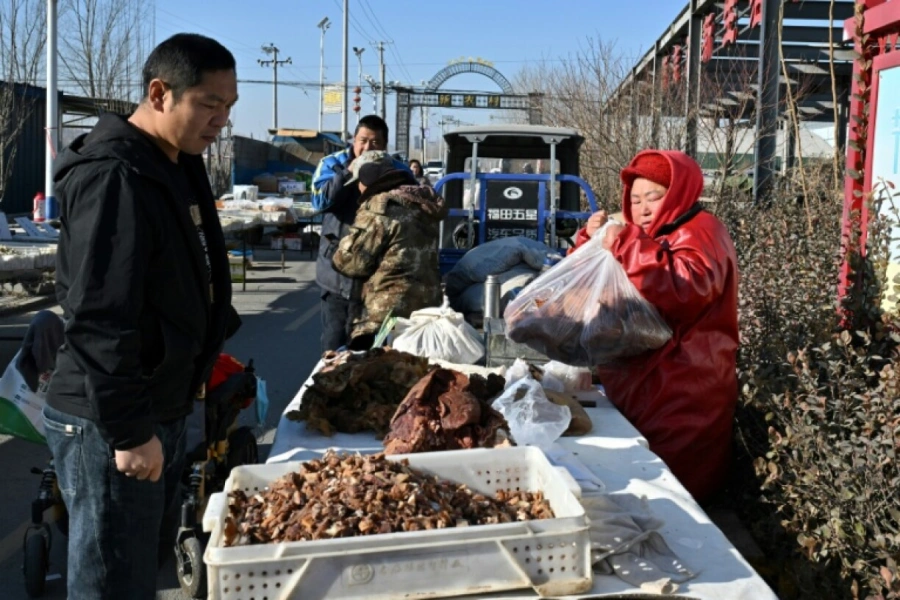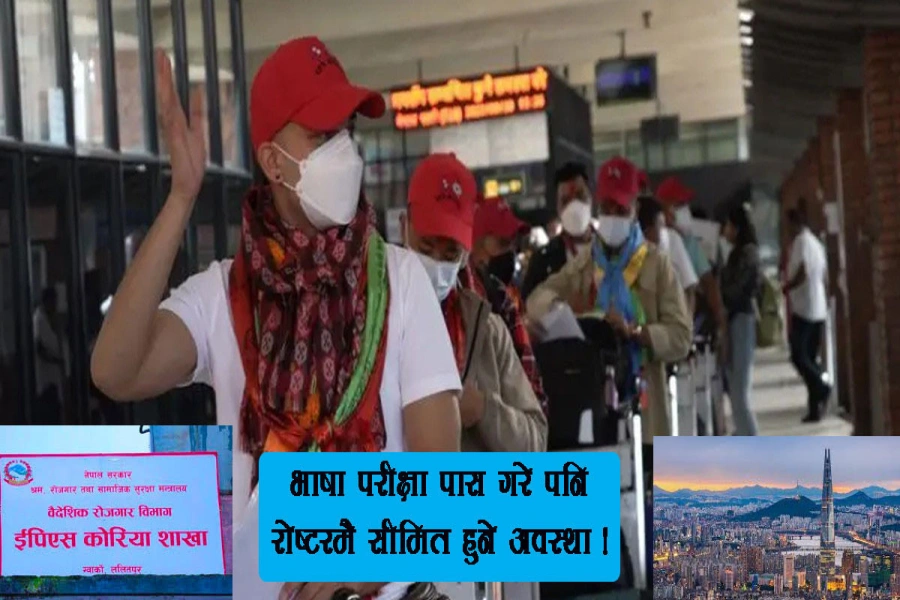Thanks to the rapid and miraculous development in the field of science and technology, human life has become much more comfortable and easier than in the past. Similarly, modern technology has made use of radiation and radioactive materials in ameliorating great many ailments considerably limiting their risks.
In Nepal, much has been discussed about proposed Nuclear Act, which has been introduced in order to protect the lives of the common people and environment from adverse effects of ionizing radiation, for safe and peaceful use of nuclear technology and ionizing radiation, security of radioactive sources, protection from unauthorized use of nuclear materials, radioactive materials and plants.
Most comments about the proposed Act are focused on nuclear material, its transportation and research reactor. And most seem to be concerned with the word ‘nuclear.’ But the fact remains that nuclear material like Diplicated Uranium, under the supervision of the International Atomic Energy Agency, is being used in Nepal. Diplicated Uranium is used as a shielding material for cobalt-60 radioactive material used for cancer treatment in Nepal.
According to international rules, after the expiry of its use, cobalt-60 radioactive material and the head containing diplicated uranium should be sent back to the country of origin for safety disposal. If we drop ‘nuclear’ from the bill, it will be difficult for us to manage those kinds of nuclear materials in the future.
In Nepal, radiation sources have been in use in the medical field since 1923. In 1976, radiation therapy services were started by using radioactive materials (Radium). Eye popping development has taken place especially in the field of diagnostic radiology, radiotherapy and nuclear medicine where ionizing radiation is in much use. In addition to the medical field, radiation and radioactive materials are widely used in agriculture, mining, energy, industry, archeology and other fields, but Nepal has not been able to get much benefit from this in these sectors.
Item recovered from two places in Biratnagar in mid-July is not...

In particular, it is used in production of electricity and in agriculture it is used to refresh and store foodstuffs for a long period. Radiation is also used for controlling insects by making male insects impotent. In industrial sector, radiation is widely used for quality control and quality measurement of production. Similarly, in the field of mining, radioactive materials are used to detect and determine the availability of minerals.
Maximum benefit can be achieved if we use radiation carefully, but it can lead to major harm if it is not used properly. Careless use of radiation can have a serious impact on human health. Sometime ago, radiation leakage from CT scan at Bir Hospital had created havoc among staff members and public. Radiation is sensitive matter and the common people tend to be terrified about radiation use. This is the reason why only qualified persons with great sense of responsibility should handle radiation related activities.
In 2008, Nepal became a member country of the International Atomic Energy Agency (IAEA) with the main objective of developing safe and peaceful use of nuclear technology. As a party to the Treaty on the Non-Proliferation of Nuclear Weapons (NPT), Nepal signed a Comprehensive Safeguards Agreements (CSAs) with the IAEA and the Small Quantity Protocol (SQP) in 1972.
Thus, it is Nepal’s responsibility to implement international treaties that are in favor of Nepal. This also requires effective law and regulatory authority to regulate the use of this substance and technology. Although efforts have been made for safe and peaceful use of nuclear material in Nepal through legislation, it has not happened yet.
It is getting late to set up a radiation regulatory body needed for safety and security of radiation sources, radiation control infrastructure and monitoring system which are essential for Nepal. Licensing process, supervision, proper management of radiation, management of radioactive waste, radiation protection program and establishment of radiation monitoring system have become necessary.
But for this, we have to generate more human resources. Thus it is necessary to run more educational programs in this regard by making it a national priority. Nepal should be able to take additional advantage of energy, mining, industry, medicine and agriculture by engaging in projects that use radiation in the future.
The Nuclear Bill, currently under discussion in the Federal Parliament, must be passed quickly to pave the way to establish radiation regulatory framework to prohibit the production and manufacture of nuclear weapons and nuclear explosive devices in Nepal, or to prohibit the acquisition of such weapons or equipment, and to regulate the hazardous activities that could be caused by nuclear and radioactive materials in organizations and institutions and to prevent the huge loss of wealth by misusing it.
By utilizing the simple and cost-effective technology of radiation and radioactive materials, Nepal should be able to get the maximum benefit by its use in agriculture, mining, energy, industry, archeology and other fields.
Nepal is surrounded by nuclear power-rich nations. Our neighboring countries are steadily accelerating the pace of construction of nuclear power plants to solve their energy crisis. If any nuclear accident happens, Nepal will be affected. Even to address the situations that will then emerge, Nepal has to pass the nuclear bill immediately and implement it.
Radiation and radioactive substances have many beneficial applications, ranging from power generation to uses in medicine, industry and agriculture. But it is important that the radiation risks to workers, general public and the environment that arise from these applications are properly assessed and controlled.
Activities such as the medical uses of radiation, the operation of nuclear installations, the production, transport and use of radioactive materials, and the management of radioactive wastes must therefore be subject to standards of safety. But safety standards are effective only if they are properly applied in practice. Thus regulating nuclear and radiation safety should be a national priority.
The author is Radiation Safety Officer at National Academy of Medical Sciences, Bir Hospital



